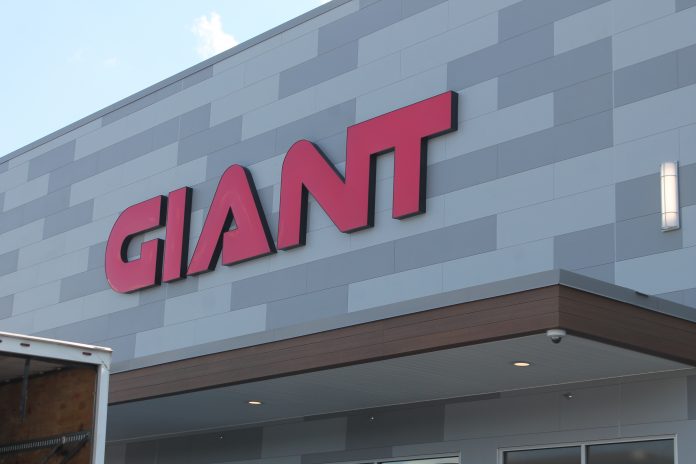When it comes to food during the COVID-19 pandemic, there are many concerns. Is the contactless delivery promoted by Pizza Hut actually safe? Will empty shelves at grocery stores become the norm? What about the shortage of items at food banks for those in need?
In order to address these questions, representatives from the state Department of Agriculture hosted a virtual news conference, during which they outlined steps being taken to ensure food safety and supply.
“COVID-19 has given us the challenge of a lifetime to navigate together. We’ve seen changes in nearly every aspect of our lives,” said Secretary Russell Redding. “But the one thing that we are working hard to keep constant is the reliability of safe, healthy food available to all, even if your paycheck has stopped.”
Sheri Morris, assistant director of food safety, stressed that, according to the FDA and CDC, there is not any evidence of food or food packaging being associated with transmission of the virus. Regarding produce that’s out in the open at grocery stores, and takeout containers that have been handled by a stranger, she said simple precautions can be taken.
“The FDA recommends the basic food safety steps of cleaning, separating, cooking and chilling to prevent food-borne illness from occurring,” she said. “COVID-19 is spread by human-to-human contact, and therefore in our facilities, personal hygiene and appropriate cleaning and sanitizing are what is critical to limiting the spread of COVID-19.”
Over the last several weeks, the Department of Agriculture has published several guidance documents to aid the food industry in best practices to protect both employees and consumers.
This guidance includes: enforcing social distancing in grocery store lines by separating customers by 6 feet with markers on the floor; limiting the number of people in the store at one time; setting special hours for vulnerable populations; not allowing symptomatic employees to report for duty; regularly cleaning common touch points, such as door handles and keypads; installing sneeze guards at cashier stations; scheduling hand washing breaks for employees; and altering store hours to allow for increased cleaning and restocking without customers present.
Beginning April 1, the department re-deployed the state’s food safety inspectors to help provide ground-level support and guidance.
“To date, we have not found a lot of direct violations. Our food industry is trying their best to comply. Some facilities have challenging circumstances when it comes to social distancing, but most are doing their very best to comply,” said Morris. “What we’ve seen so far are employees wearing gloves, really doing frequent hand washing, trying to minimize any contact with food.”
When asked about shortages of food at both grocery stores and food banks, Redding said overbuying is causing a “challenge,” but the department is working to ensure everyone has access. Recently, Gov. Tom Wolf submitted a waiver for the federal government to lessen restrictions on SNAP.
“We are also hopeful that as part of the federal stimulus package that was passed by Congress and signed by the president, that additional resources would be available through SNAP,” he said. “We think that’s one of the most effective and easiest ways to get food to those who are food insecure.”
In an effort to restock shelves as quickly as possible, Jeff Warner, director of food safety, said the department is collaborating with industry partners to relax some labeling requirements. For example, the USDA is allowing retailers with inventories of bulk packages of meat to divide the product into smaller, household-friendly units.
Warner stressed that, although tensions are high, citizens should refrain from buying massive amounts of food at one time. This makes it difficult for others to obtain essentials and puts more strain on the food industry.
“Buying a month’s worth of food makes it hard for our neighbors, food banks and food pantries to get the food that they need,” he said. “I’d like people to understand that our food supply is as safe as we can possibly make it, and that we are doing our part to be in the field and helping our food manufacturers and retail partners navigate this crisis.”
He also emphasized that most individuals, including grocery store workers, those who deliver food and the food industry workforce as a whole, are at low- and medium-risk levels for contracting COVID-19, as stated by CDC criteria. Health care staff members are considered high- and very-high-risk.
“All the indicators from the CDC and the FDA continually point back to respiratory droplet transmission – somebody being sneezed or coughed on, and then inhaling those respiratory droplets into their own respiratory system,” Warner explained. “The majority of Americans fall into the low- and medium-risk categories.”
Visit agriculture.pa.gov/COVID for more information.
Samantha Bambino can be reached at [email protected]


